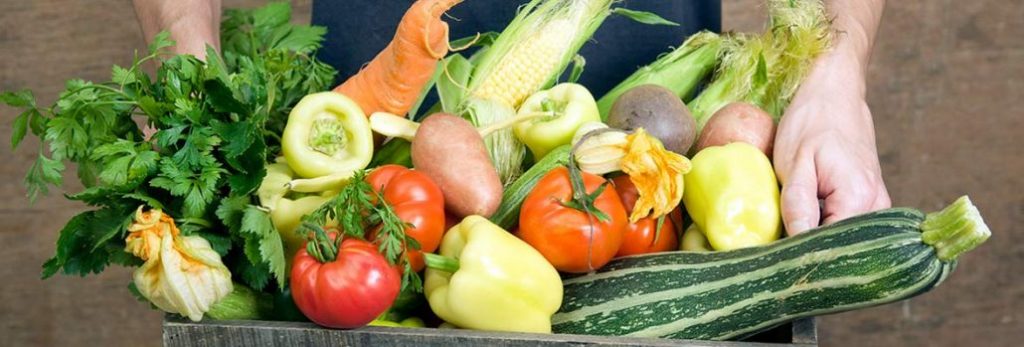
In a one-of-a-kind study led by University of Caen Normandy molecular biologist Gilles-Eric Seralini, Ph.D., researchers believe people are able to recognize the taste of pesticides in drinks and potentially in foods.
“Scientists examined 16 pairs of organic and nonorganic wines produced in seven regions of France and one from Italy. To ensure the best comparison, the wines were produced with the same varieties of grapes grown organically and conventionally, in the same types of soils and neighboring vineyards, as well as in the same climate and in the same year.8
The researchers carried out 195 blind taste tests by 36 professionals from the wine and culinary industries. The wines chosen were tested for over 250 different pesticides in a laboratory. One of the organic bottles was found to contain trace amount of pesticides. In the nonorganic wines, 4,686 parts per billion of different pesticides were found, mostly fungicides and glyphosate-based herbicides.9
In preparation for the test, pesticides were diluted in water at levels present in the nonorganic wines. In 85 percent of the cases, professionals were able to recognize pesticides by taste and 58 percent of the professionals were able to recognize all the water glasses containing pesticides.10 Next, the professionals were asked to taste the wines. Of those who were able to detect pesticides in the water, 57 percent could match the wine with the water containing the exact blend of pesticides.
The wine connoisseurs and culinary experts preferred organic wines 77 percent of the time.11 Participants were asked to describe the taste of the pesticides, offering terms such as “drying” effect and papilla blockade. The latter term described an impaired sense of taste brought on by drinking wine contaminated with pesticides.”
Click to read the original article by Dr. Mercola
Sources:
“Can You Taste Pesticides in Your Food?” by Dr. Mercola








